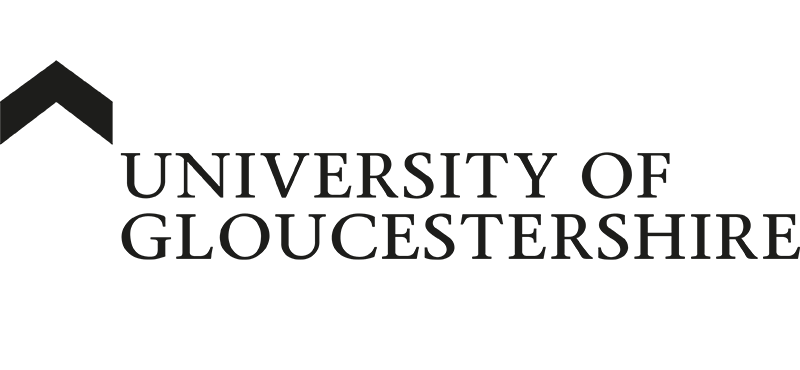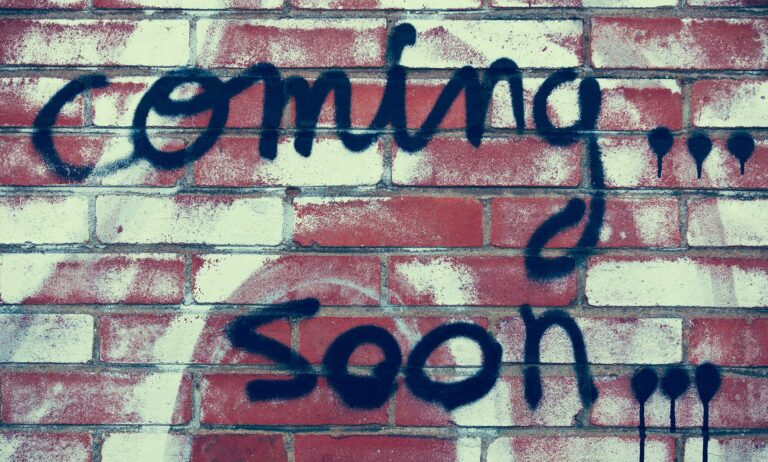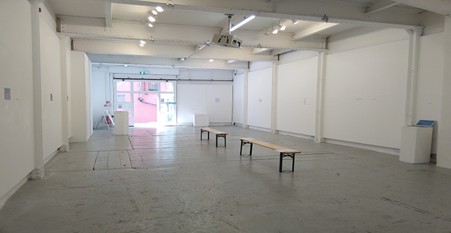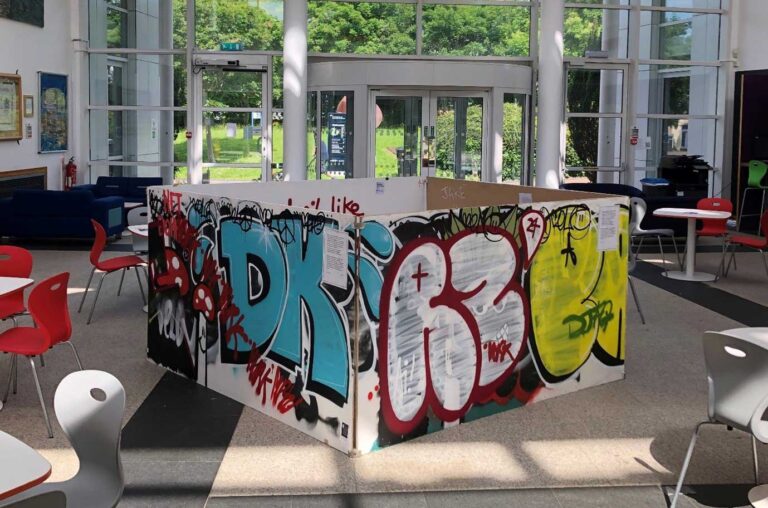| Facsimile
Project 4
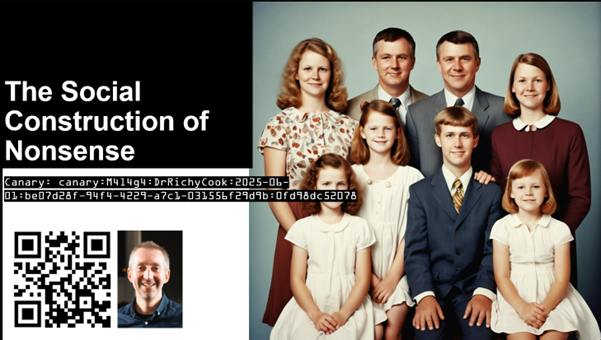
A new form of AI literacy is needed and AI platforms and applications that use AI need a ‘health label’ to warn users of potential harm such as misinformation. Misinformation and coordinated inauthentic behaviour on social media pose growing harms, amplified by AI-generated content and limited regulation. University of Gloucestershire experts highlight the urgent need for AI literacy, age restrictions, and clear health warnings to protect users from deception, manipulation, and the social risks of unchecked digital technologies.
Notes to Editors: for more information, please contact the University press office on 01242 714516 or [email protected]
Project 4 is focused very much on what counts as knowledge and how we come to know. It is in progress and further outputs will emerge. Below is a snapshot of the research activity that is happening…
Ongoing research following on from the Gallery work has seen the notion of ‘nonsense’ reconceptualised. A working definition of nonsense has been posited as ‘meaning that has been messed with’. Think of it as knowledge (information and data) that has been intentionally distorted.
Unlike misinformation, which can often be debunked, nonsense is more slippery. It operates in the liminal grey zone between what is true and what is believable – where doubt isn’t triggered. It’s like “bullshit” in Frankfurt’s sense which is indifferent to truth, and potentially more dangerous because of it. Nonsense, like bullshit therefore begs to be scrutinised.
When nonsense is socially constructed – that is, when it is formed and reinforced through social processes, conversation, consensus, and repetition – it gains an epistemic status. It starts to look and feel like knowledge. This is when nonsense begins to become power – when doubt isn’t aroused.
And that’s where the danger lies. Because if we can’t distinguish knowledge from nonsense, the foundation of our shared social reality begins to be shaped by machines and asymmetries of power begin to form. Whose knowledge is important and what counts as knowledge? Not only this but it raises questions about how, as human people, we come to know.
Where are we at? Currently we have a paper in review for the journal and Secrecy and Society, a public press release and a speech about “The Social Construction of Nonsense” and paper presented at a conference.
